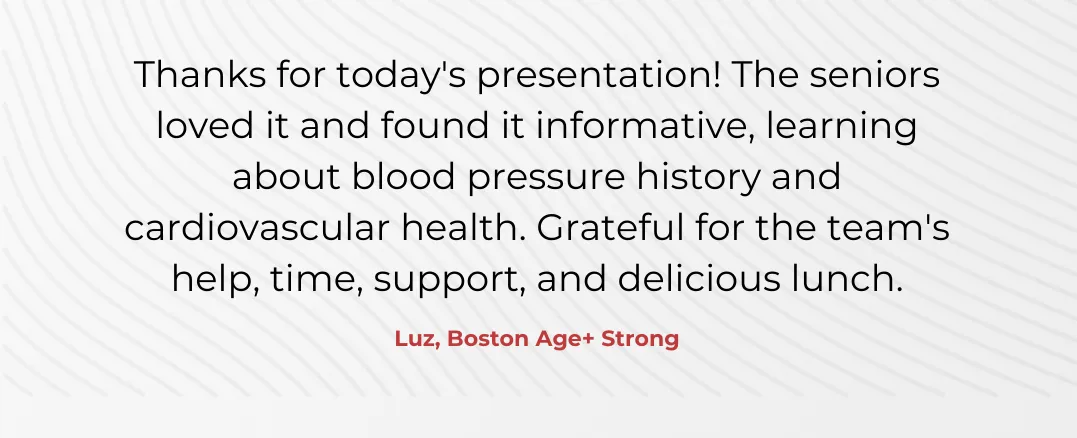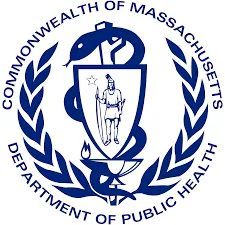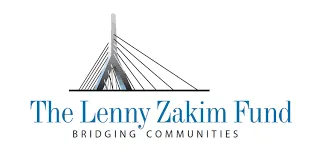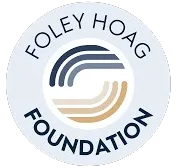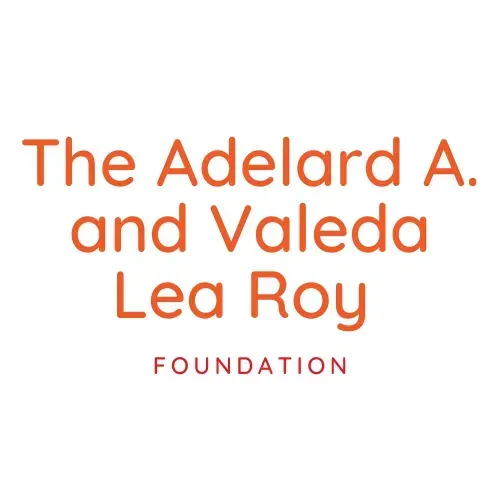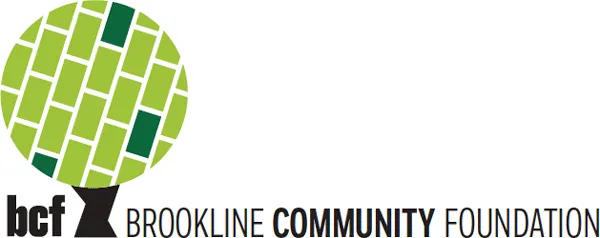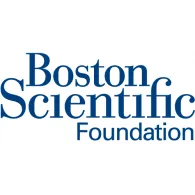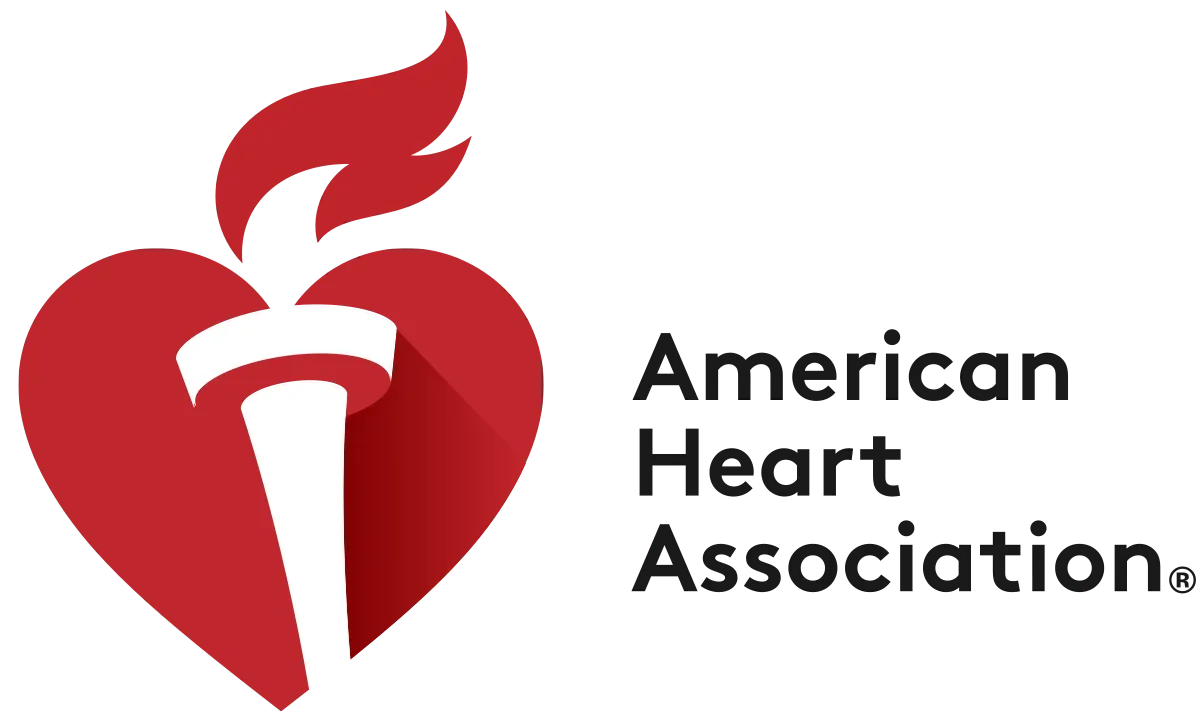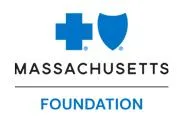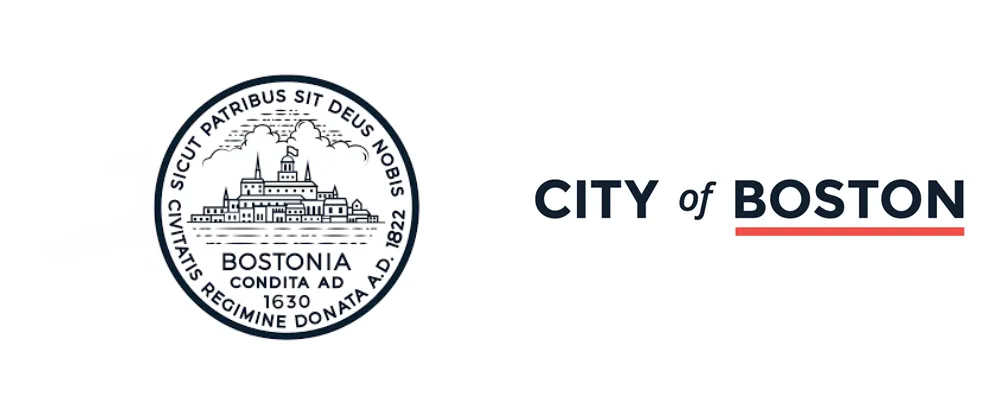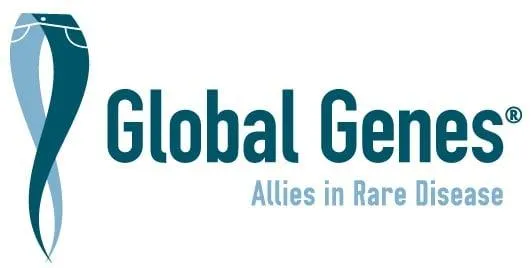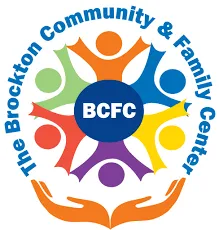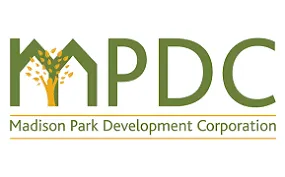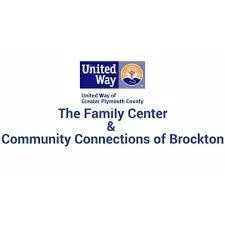About Us
Heart of a Giant Foundation
HGF
About Heart of a Giant Foundation
At Heart of a Giant Foundation, we are committed to reducing the impact of heart disease worldwide. We strive to become the leading partner in detecting, diagnosing, and managing cardiac risk factors. Our multi-level intervention programs empower individuals to take control of their health. Join us now to impact communities affected by heart disease significantly.
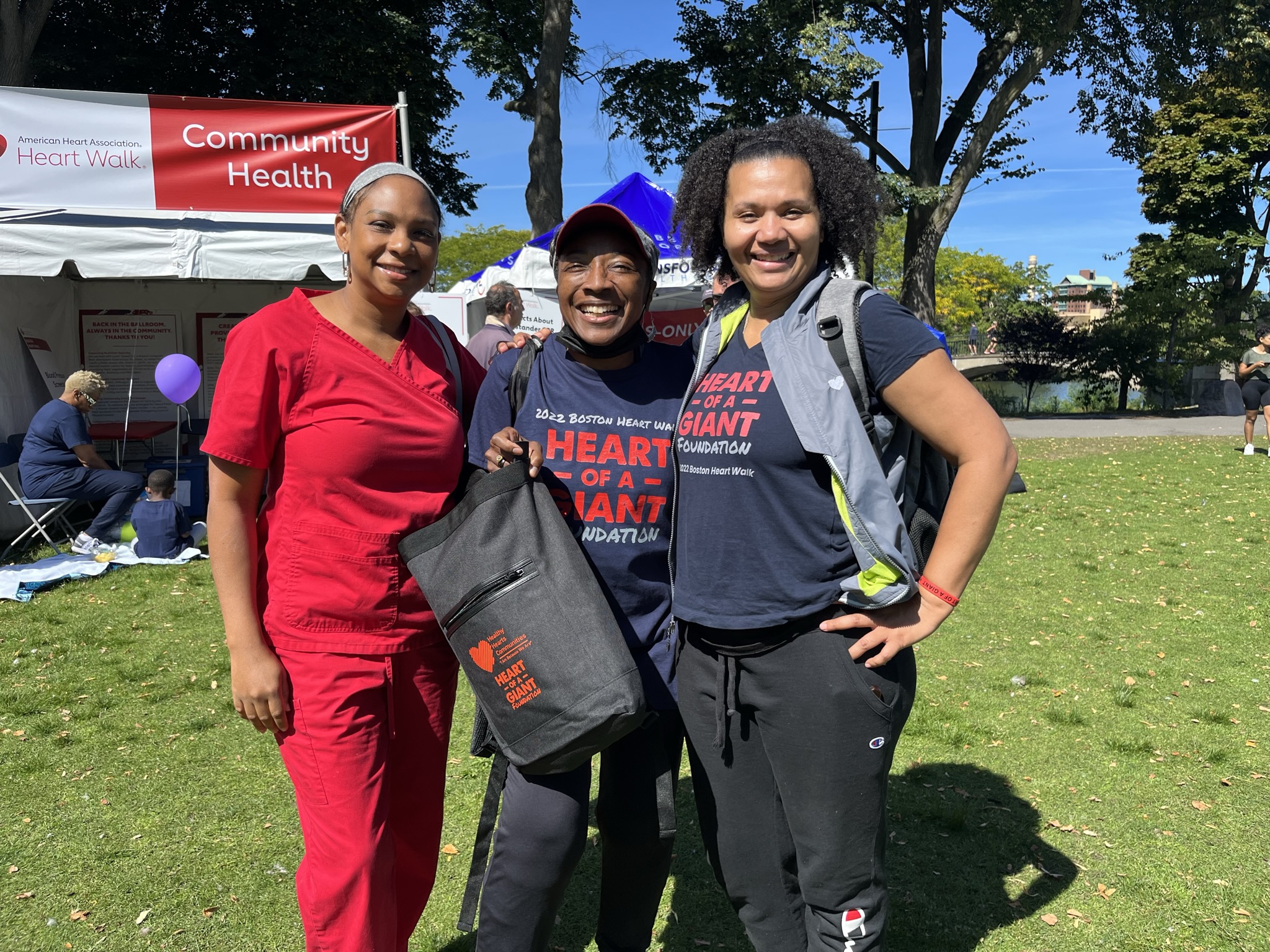
Our Vision and Mission
Our vision is clear: to ensure that every individual in the community has access to effective heart health education, superior healthcare assistance, and community resources, enhancing their overall health, quality of life, and the management of their heart conditions and related risk factors. We strive to achieve this vision by:
Our mission is to proactively identify heart-related risk factors in at-risk population groups, provide them with the support and knowledge they need to become self-reliant, and advocate for managing and living with their health conditions.
Raising awareness about risk factors and symptoms of cardiac conditions;
Promoting regular health check-ups, screening, and early diagnosis;
Providing culturally intelligent and responsive services;
Improving patient-provider relationships;
Enabling access to improved care and better health outcomes;
Empowering patients and caregivers, and
Promoting advocacy and self-advocacy.

Some Tough Truths About Heart Disease
Heart disease remains the No. 1 cause of death both in the US and the World, with staggering statistics highlighting the urgency of our mission:
18 million+ lives are lost to heart disease globally each year.
655,000+ deaths occur in the US annually due to heart disease.
495,000+ individuals suffer from high blood pressure-related casualties every year.
Despite these alarming figures, only about 49% of Americans are aware of their heart health status, underscoring the critical need for increased education and awareness.
High blood pressure, also known as hypertension, is a common heart condition that has been identified by the US Centers for Disease Control and Prevention (CDC) as a leading risk factor for heart disease, stroke, kidney disease, and vascular dementia.
According to a recent study conducted by the Boston Public Health Commission, one out of every four adult residents in Boston reported having hypertension. The study also found that the percentage of hypertension was higher for Black (36%) and Latino (27%) adults compared to White adults (20%). Neighborhoods with predominantly Black people, such as Mattapan, Dorchester, or Roxbury, had hypertension rates ranging from 34% to 42%.

More About Us
Eager to learn more about our efforts and impact? Visit our News and Insights Page. It's a space where we share blogs, insights, stories, and project updates. Our blog isn't just about posting articles; it's a platform for engagement. We love interacting with our readers in the comments section, fostering a community of like-minded individuals passionate about advancing the world of heart health.
Join us at Heart of a Giant Foundation as we work with our communities, supporters and partners to turn the tide against heart disease, one heart at a time.
News and Insights
Disclaimer:
The information shared on this page is not intended to replace professional medical advice. Always consult with a healthcare provider for any medical issues.

TACKLING HEART DISEASE DISPARITIES THIS JUNETEENTH: PRIORITIZING HEART HEALTH AMONG BLACK MEN
As we celebrate Juneteenth and commemorate the road to freedom this men’s health month, it is essential to recognize and address the specific challenges that Black men face regarding heart health. Heart disease remains a leading cause of death among Black men, and understanding and overcoming these challenges is crucial for promoting a healthier future.
Unique Challenges to Men’s Health in General
In the United States, men encounter various impediments to good health. Firstly, men are said to be less likely than women to seek preventive healthcare services such as routine check-ups, screenings, and vaccinations. This reluctance can lead to delayed diagnosis and treatment of health conditions, which can result in more serious health problems developing later on.
Additionally, men may tend to engage in unhealthy behaviors like smoking, excessive alcohol consumption, poor diet, and lack of exercise more often than women. These behaviors increase the risk of chronic health conditions such as heart disease, cancer, and diabetes. Moreover, certain jobs and industries (e.g., construction and mining) can expose men to workplace hazards that may affect their health, such as exposure to harmful substances and physical injuries.
From a mental health perspective, a culture that rewards stoicism coupled with the stigma still associated with mental illness also prevents men from seeking help for psychological issues like PTSD, anxiety, and depression, leading to untreated conditions that can negatively impact overall health and well-being. On top of all this, men may have fewer social connections or outlets for processing emotions than women, leading to isolation and loneliness, negatively affecting mental health and well-being.


Photo by Alex Green
Additional Challenges for Black Men and Heart Health
Black men in particular, face a specific set of challenges regarding heart health. Certain genetic variations increase the risk of heart disease, and it has been shown that black people and people of African descent may have a higher prevalence of genetic variations associated with salt sensitivity and insulin resistance, both of which are linked to hypertension and diabetes.
In addition, socioeconomic disparities unique to the Black community, such as lower income levels, limited access to healthy food options, and higher stress levels, contribute to higher rates of hypertension and diabetes. These factors may also lead to unhealthy lifestyle choices and increased disease risk.
Cultural factors also play a role in heart health, as dietary preferences, cultural norms, and health beliefs influence risk factors. For example, traditional diets high in salt or fried foods may contribute to hypertension risk, while cultural attitudes towards healthcare can affect disease management.
Healthcare disparities further impact black men, as they may face limited access to quality healthcare, racial bias in healthcare delivery, and lower rates of timely and appropriate medical care. These disparities can contribute to undiagnosed or poorly managed hypertension and diabetes. Moreover, environmental factors such as neighborhood characteristics, exposure to pollutants, and limited access to recreational spaces, also impact health outcomes and contribute to increased rates of hypertension, diabetes, and heart disease.

Solutions for Prioritizing Heart Health within the Black Community
To prioritize heart health within the Black community, there’s a lot we can do. Here are some of the ways we can all be part of the solution.
Raise Awareness: Spread awareness about the disproportionate impact of heart disease on Black men. Encourage open conversations about heart health, risk factors, and preventive measures within family, community, and social networks.
Address Healthcare Disparities: Advocate for equitable healthcare resources, including access to affordable primary care services like regular check-ups and screenings and affordable medications. It’s important that we work towards eliminating healthcare disparities that hinder early detection and management of heart disease.
Know Your Family History: Understand your family’s medical history and share this information with healthcare providers. This helps develop personalized prevention and management strategies.
Prioritize Regular Check-ups: Schedule regular visits with healthcare providers to monitor your overall health and assess cardiovascular risk factors.
Adopt a Heart-Healthy Lifestyle: Make conscious choices to prioritize heart-healthy habits such as regular physical activity and a balanced diet rich in fruits, vegetables, whole grains, lean proteins, and healthy fats. Avoid excessive sodium, sugary beverages, and processed foods.

Photo by Monstera
Manage Stress: Find healthy ways to manage stress, such as exercise, meditation, mindfulness, or engaging in relaxing hobbies and activities.
Build a Support Network: Participate in community programs, support groups, or initiatives focused on health and wellness. Share experiences, challenges, and successes to inspire and motivate each other.
Celebrate Cultural Foods with a Healthy Twist: Embrace traditional cultural foods while making healthier choices. Explore recipes and cooking techniques that reduce sodium, unhealthy fats, and added sugars while preserving flavor and cultural significance.
Seek Mentors and Role Models: Encourage mentorship and positive role models within the community. Share success stories and promote positive examples of healthy living.
Advocate for Policy Changes: Raise your voice and advocate for policy changes that address social determinants of health and promote equitable access to resources supporting heart health.
By addressing the unique challenges faced by Black men and implementing these solutions, we can work towards reducing the impact of heart disease within the community. Juneteenth serves as a reminder of resilience, progress, and the collective effort required to overcome human rights disparities and prioritize health for a brighter future. Together, we can make a difference.
Testimonials
The Heart of a Giant Foundation, Inc. is a 501(c)(3) nonprofit organization, EIN 84-2900386. Donations are tax-deductible.


